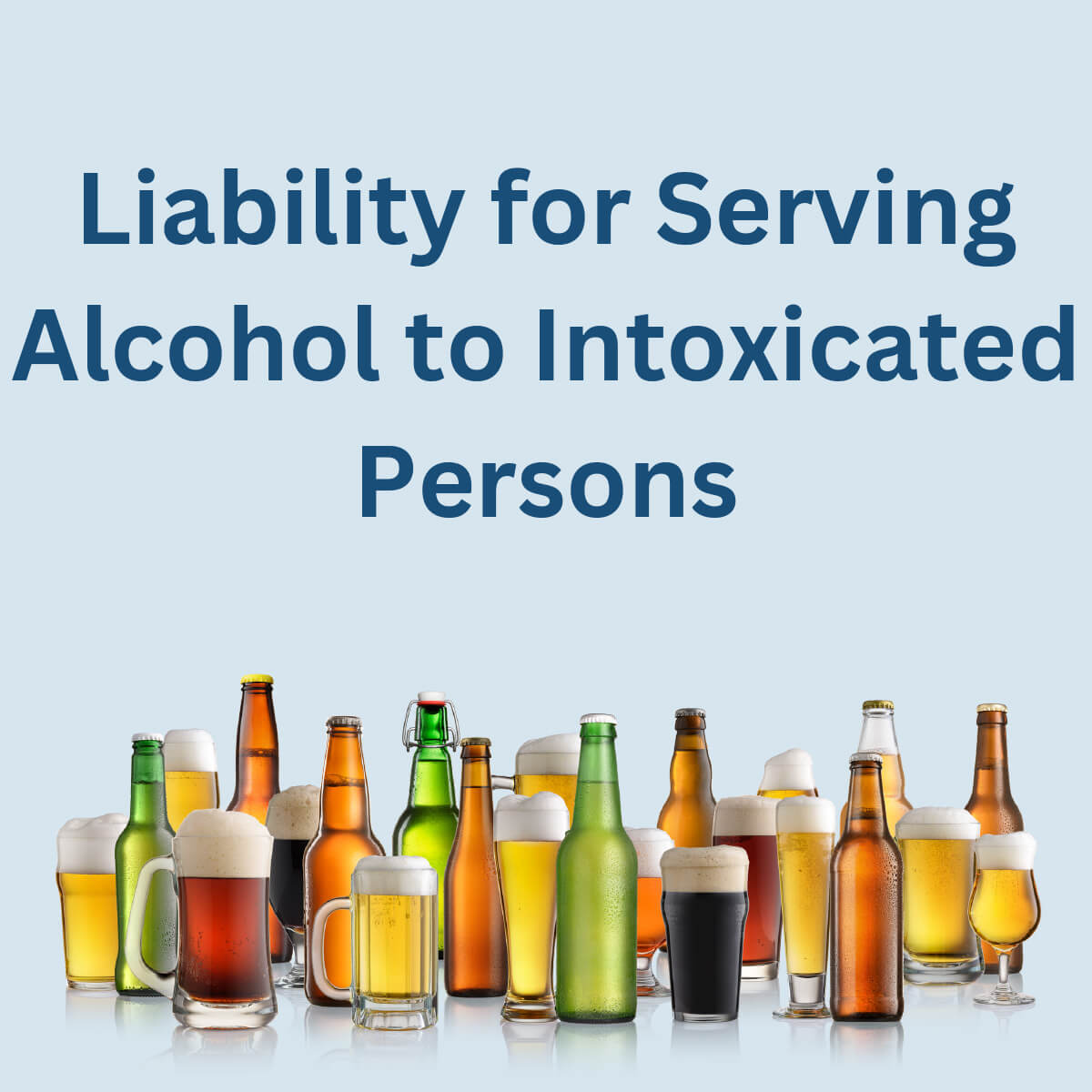2. When Liability Applies
The plaintiff must prove by clear and convincing evidence:
- The server/host provided alcohol to someone already visibly intoxicated, and
- The plaintiff did not substantially contribute to that intoxication (e.g., by providing, encouraging, or facilitating drinking)
“Visibly intoxicated” is objectively determined—slurring, staggering, disorientation—even without subjective awareness.
3. Social Host Defined
A “social host” includes any individual who controls or directs alcohol service—for example, a step-parent buying drinks at a bar or an individual hosting a dinner party while serving alcohol.
4. Notice & Timing Rules
ORS 471.565 requires strict notice before suing:
- Non-death injuries: written notice within 180 days of injury or discovery.
- Wrongful death: within 1 year of the death or its discovery.
Notice must be formal (with date, location, circumstances, claimant info) or can be actual, via communication or filing suit, or payment.
5. Practical Takeaways
- Hosts and licensees:
- Train staff or guests to recognize visible intoxication.
- Cut off visibly intoxicated individuals—don’t serve more.
- Maintain documentation (POS, logs, surveillance).
- Send/monitor notices promptly.
- Potential plaintiffs:
- Gather evidence of intoxication (e.g., photos, witness statements).
- Confirm that you didn’t contribute to the intoxication.
- Act fast on notice deadlines.
Why This Matters
If you’ve been injured in a car or motorcycle collision caused by an impaired driver, especially one who was overserved at a bar, restaurant, or private event, hiring an experienced Oregon personal-injury attorney is essential when pursuing a dram-shop claim. Contact us today for a free consultation at 541-585-2222.
